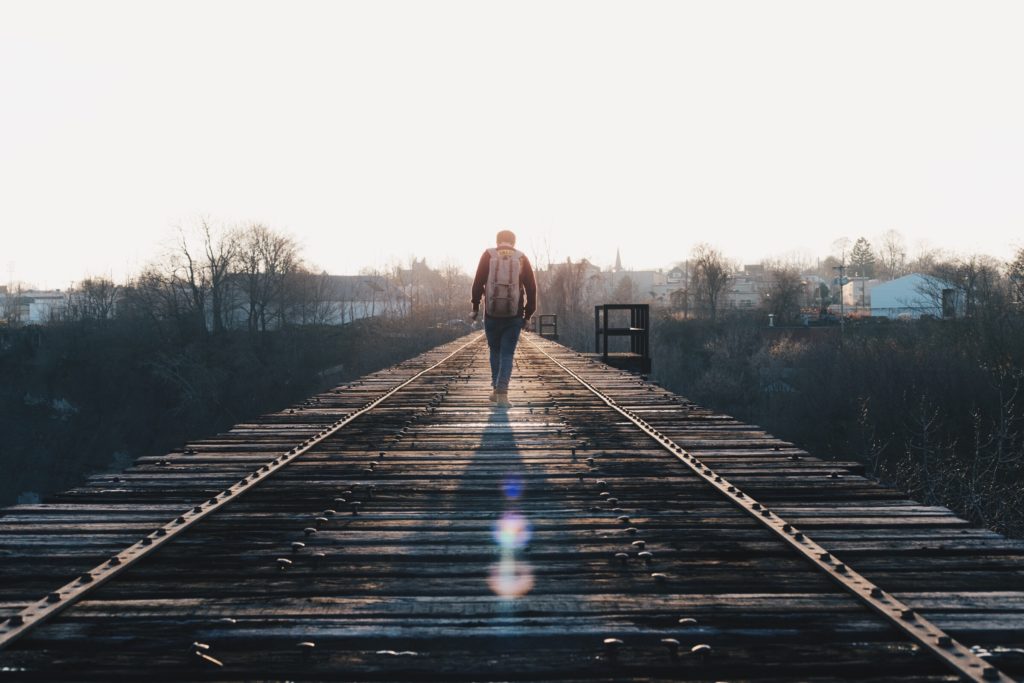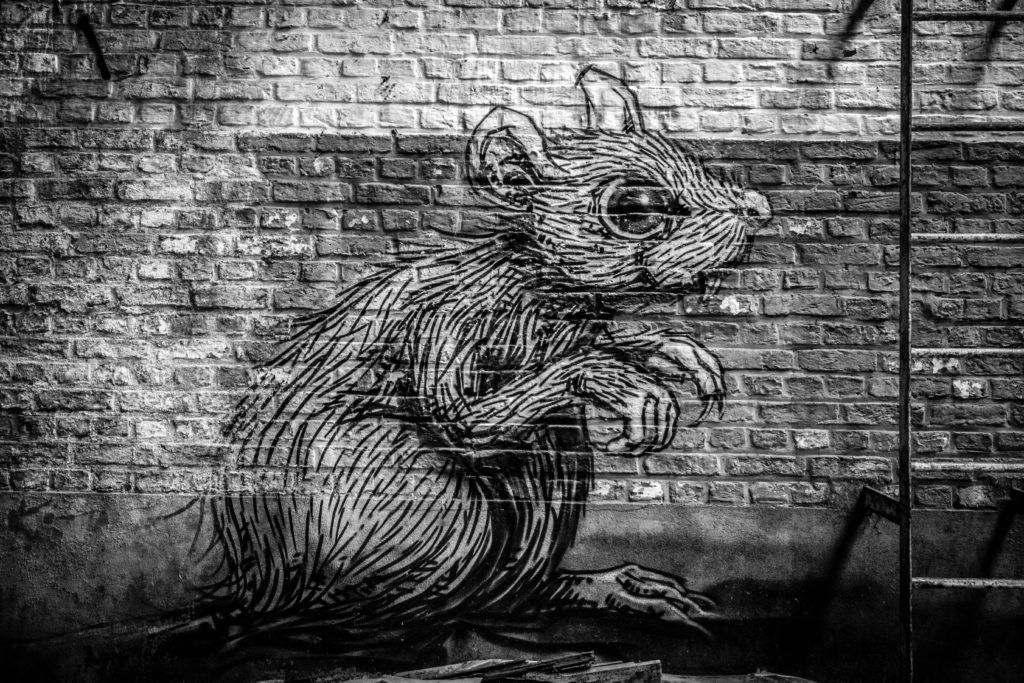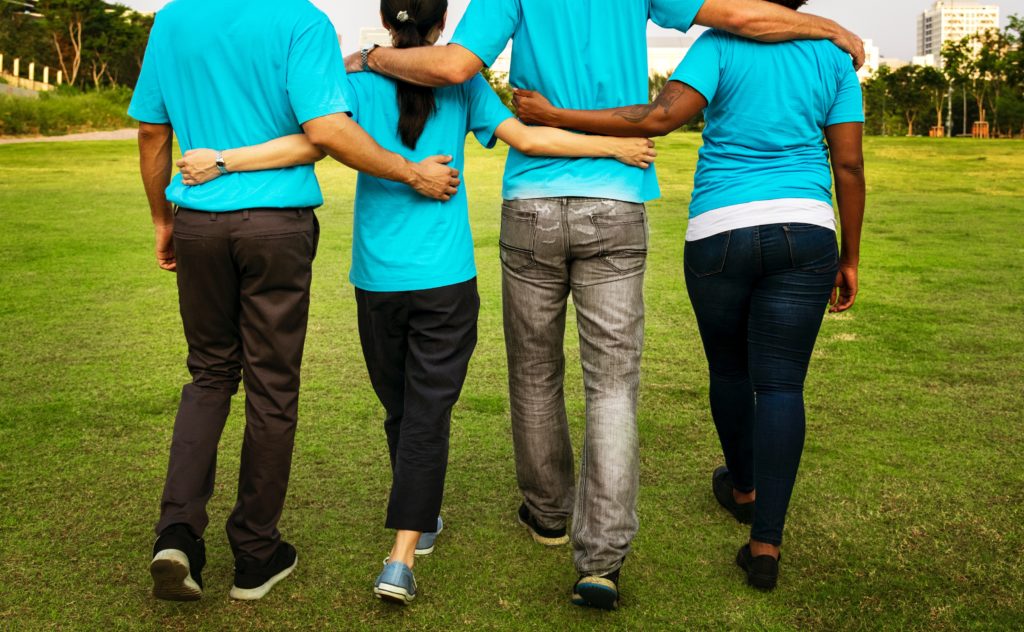Reasons for Addiction: What are the Causes of Drug Addiction
On January 23rd, 2017 I was arrested for a DUI. It wasn’t my first DUI, and it wasn’t my first time in a jail cell. However, it was the first time I really sat down and decided to answer some of the questions people had thrown at me for years. The question that bothered me the most was a simple one, just “why?”. What was it about me that had led me to make the same mistakes to get myself in the same trouble time and time again?
A lot of people wonder, what are the reasons for addiction? What leads some people to substance abuse while others never feel a need to go near drugs or alcohol? In this article we explore the reasons for addiction. One individual shares what they’ve learned in their experience from addiction to sobriety.
Why Do People Do It?
There are a lot of different theories on the reasons for addiction. Medical studies have been trying to explain for years why people abuse drugs and alcohol. The one idea I always believed for years, through the darkest periods of my own drug use, was that addicts were merely “weak people.” I thought the difference between an addict and an ordinary person boils down to one central fact. The reasons for addiction are simple: the average person possesses some extraordinary willpower to cut themselves off after just one drink.
I would sometimes wade through a day sober to prove to myself that I wasn’t weak. A day where all the colors were too bright, where everyone’s tone of voice was off just enough for me to take offense, a day where everything seemed to turn to garbage. At this time I didn’t have the energy to fix it. Then I’d get home, have a brief little window of time where I’d feel good about myself and how I hadn’t gotten high all day. Then all of a sudden I’d lose my focus and get high without even thinking about it. Afterward, I would hate myself for how weak I was and how I couldn’t be normal.
Main Reasons for Addiction

I think that if the world were filled with honest people who wanted to get high as badly as I do, but lived every second of their day with the focus and willpower to NOT get high, we’d live in a very different world. It’s not that the addict lacks discipline and control, but that the average person on the street doesn’t have the desire to do these things. Furthermore, it’s not the chemical itself that’s so tempting; it’s the induced state. A feeling of just being generally unhappy in a state of mind that’s unaltered. A sense of being unhappy with the self.
From the time I’ve spent in AA and addiction support groups, both optional and state mandated, I’ve come to the opinion that there is sort of two parts to addiction.
1. The Act of Substance Abuse
The first part is obvious and easy to see. That is, actively doing drugs and drinking alcohol. People get drunk, or they get high. On the surface, there is a sort of self-perpetuation. Addiction will fight for its survival almost as a living thing, rationalizing and excusing the behavior to keep the more discerning parts of our minds content. Examples of this are: “Of course I need to drink today, I’m flying somewhere. I always drink when I fly.” Or, “My cocaine use is fine– I only do it with friends, so I’m not really a drug user.”
2. Reasons Leading to Substance Abuse
These are things I’ve found myself thinking throughout the years. I feel like a lot of the time, people think of this cycle of action and excuse as the addiction itself. Although, it is generally just the surface others see. A need to fuel the fire isn’t what makes an addict an addict. At least I don’t think so. Because behind every excuse to keep drinking, or to continue using drugs, there was something that led an addict to take that first drink in the first place.
What Leads People to Addiction?

There are many reasons for addiction, and life incidents leading up to it. For me it was loneliness. I grew up in the middle of nowhere. My parents were absent and drunk. The time in my life that I would have been learning to socialize and make friends was spent two miles away from the nearest neighbor. I remember being yelled at for being fat and disappointing. I needed people to like me, so I did my best to be funny and confident to hide how nervous I was. Contrarily, my take on being funny would annoy people, which would make me even more nervous.
I had my first drink later than some: I was 15 years old. All in all, from the age of 17 until my arrest for my second DUI at age 25, I don’t think I went more than one week sober. I didn’t really understand socializing with people. Nor did I understand women. I didn’t even understand myself.
The first time I drank booze was magical to me. All my anxiety and fears about what people might think about me or see in me were washed away in a foggy haze. It was the first time I had been without fear of being myself. The first time I got high was similar. It quieted the constant buzzing of nervous thoughts through my head. It relieved me from these thoughts which were a sort of white noise back chatter that I’d never noticed before but kept me always on edge.
Everyone Has Reasons for Addiction
My story is unique in its details, but not in its structure. The addicts and alcoholics with wonderful loving childhoods are few and far between. It has been shown that aggressive and negative relationships while young, including childhood trauma and mistreatment, can frequently correlate directly with substance abuse.
In the mid-1990s Kaiser Permanente conducted a study on what they called “adverse childhood experiences.” These weren’t limited to abuse; they included being exposed to mental illness, emotional neglect, or having parents separate or divorce. Amongst the many social, health, and behavioral problems these children had throughout their life, substance abuse was extremely prevalent as they became adults.
Substance abuse isn’t something that is born from a place of wanting to party, necessarily. It emerges from an emptiness. It stems from sadness or anger. Therefore, the reasons for addiction often start from a desire to numb these feelings.
How Addiction Feels
Asking an addict how addiction feels seems like a stupid question. Addiction feels bad. Drugs and alcohol feel good, though– at least temporarily. Despite this, it’s important to really ask how your addiction makes you feel, or how a friend or relatives’ addiction is making you feel.
Addiction is isolating. It takes someone away from the world around them. People lose focus on the friends, family, and community they see every day. Individuals struggling with addiction lose the structure of a healthy life. Friendships decline, and relationships can become strained. Family may even turn away.
Trying to Hold Life Together
Sometimes people can maintain the facade of a put-together life. Many people may manage their relationships and responsibilities in a way that on the surface looks extremely functional. I did this for years. In reality, though, the focus is always on the keeping up that appearance. You can’t let people get close enough to see the truth of your life. Keeping those people who you would normally build healthy and beneficial relationships with at arm’s length becomes second nature. A lot of the time this isn’t just because of drugs. If you’re depressed, if you hate yourself, having someone peel back the mask that you carefully put together every day can be a terrifying thought.
Trying to keep up such appearances leaves someone alone with their demons and a building crisis. I know dozens of people struggling with their respective addictions who go through the same thing, week after week. They have no friends, and they have no hobbies. They have either no relationship with their families or a very negative one. And the issue of addiction is one that needs a community. Addiction recovery needs social support to conquer. It’s entirely possible that an alcoholic could isolate themselves and stop drinking. But the internal struggles, the issues which led them to the bottle in the first place, will continue to fester if not fully healed. The true recovery comes from addressing not the alcohol in the system, but the need to put it there.
Reasons for Addiction: Scientific Studies

In a few creepy experiments done in the 1960s, rats were locked in cages and drugged to death. They were housed in rows and rows of cages, completely alone with no other rat interaction. There was a little lever they could press which would inject them with heroin, morphine, amphetamine, cocaine, and other drugs. The rats would sit in the little cages and mash the button to get them high. Then they’d eventually die.
Then, in 2010 a Canadian professor named Bruce Alexander built an amusement park for rats, with the same access to drugs. The difference was, in what he called “Rat Park”, the rats were free to do as they pleased. They had plenty of space, and there was open access to food. There were objects for them to play with, wheels to exercise on, and babies being born. The rats shared plenty of social interaction. There were two sources of water: one was pure water, the other was water laced with a drug cocktail. In Rat Park, not only did the rats barely drink the drugged water. None of the rats died from overdoses, and their consumption of the drug water went down over the course of his study. The problem wasn’t the lever to dispense the drugs, and it wasn’t the drug cocktail. The problem was the cage.
The Importance of a Support Group

The best way to combat addiction is to step out of the cage. The best way out of the cage is through a support group. Whether it’s an Alcoholics Anonymous or Narcotics Anonymous group, family, or a group of friends, support is essential. Whether it’s an informal group of like-minded people or a session of psychosocial group therapy, there are endless options for support. Having a group of caring people to help and support you is integral to the process of recovery. Being part of a group can help with the isolating factor of addiction. When you can share and vocalize your problems, you can identify them a little bit more easily. A group will also help keep you honest. Nothing keeps you from manipulating and fooling yourself better than people you know and trust pointing it out.
Recovering from addiction is a struggle. It takes time and hard work. Successful recovery takes support and community. It comes with the highs of success, but also with some severely low moments. The support group can help stabilize these emotional peaks and valleys into a more sustainable and healthy process. During moments of weakness, you won’t have to go through it alone.
The Influence of Helping Others
One of the more surprising benefits of a support group is how therapeutic the process of helping someone else with their struggles can be. I once knew a woman who said that her journey of sobriety was an exercise in compassion. She said the best place to practice compassion was in a group. Hearing other people’s problems and concerns can point out the similarities between you. Honesty can bring you closer, and give you insight into your own problems. It also gets you out of your head; a place the addiction struggle has you spending way too much time.
If you or someone you know may be struggling with addiction or substance abuse, consider reaching out. It can be an intimidating step, but in many ways, it’s the easiest. Opening up and asking for help, searching for a group of people who can help you with your journey is the first step on a long road towards recovery.
